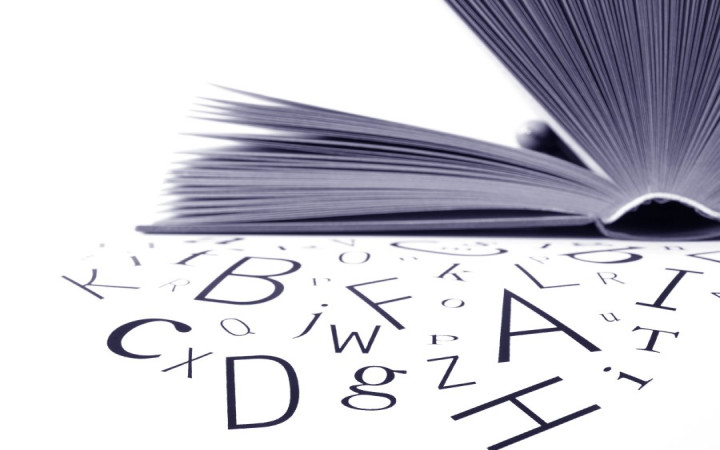Today’s Wonder of the Day was inspired by Kaitlyn. Kaitlyn Wonders, “What are the effects of dyslexia?” Thanks for WONDERing with us, Kaitlyn!
If you're reading today's Wonder of the Day, then you might take for granted a skill that doesn't come naturally for everyone. What are we talking about? Reading, of course!
When you first start school, reading is one of the skills that teachers work on right away. Why? Because reading is one of the fundamental skills that all learning is based upon! As you grow older, more and more of the things you learn will require you to be able to read.
Reading doesn't come naturally for everyone. Some people's brains are built to be better with numbers than words. Other people might take longer to develop good reading skills than others. Still others might have a condition that makes it difficult for them to read.
One such condition you may have heard about is called dyslexia—a developmental reading disorder. Dyslexia (pronounced “dis-lek-see-uh") is a learning disability located inside the brain where information is processed. Many kids and adults have dyslexia.
Dyslexia doesn't mean that these people aren't smart. There are many intelligent professionals with dyslexia, such as Albert Einstein, Stephen Hawking, and Leonardo da Vinci, to name a few. Dyslexia simply affects how these people process information that they read. Dyslexia can make it hard to read quickly and effectively, which in turn can affect how easy it is to learn.
Fortunately, doctors and scientists are learning more and more about dyslexia every day. There are now many things that people with dyslexia can do to cope with their condition. With hard work and determination, people with dyslexia can now learn to read and spell just like everyone else.
People with dyslexia have trouble processing letters and sounds. Sometimes their brains make them see words backwards. Other times, the letters move around on the page! These, and other symptoms make it hard for people with dyslexia to break down words correctly and connect sounds to letters. That is why reading can be a time-consuming struggle for people with dyslexia.
If you suspect someone has dyslexia, encourage them to see a professional who works in the area of learning disabilities. These professionals can help identify dyslexia and also recommend learning strategies.
Today, thanks to advances in technology, it's much easier to be successful in school with dyslexia. Teachers are more aware of the issues, and certain technologies, including computers, can help students focus on the future.




